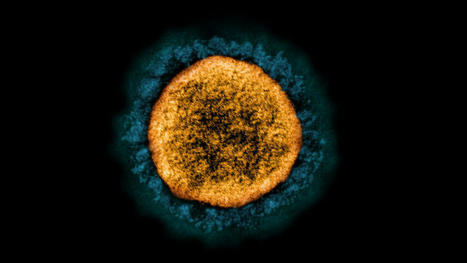More than two dozen virologists, epidemiologists, and others responded to STAT's question about what they still most wanted to know.
In the 16 months since the SARS-CoV-2 virus burst into the global consciousness, we’ve learned much about this new health threat. People who contract the virus are infectious before they develop symptoms and are most infectious early in their illness. Getting the public to wear masks, even homemade ones, can reduce transmission. Vaccines can be developed, tested, and put into use within months. As they say, where there’s a will, there’s a way.
But many key questions about SARS-2 and the disease it causes, Covid-19, continue to bedevil scientists.
What accounts for the wide variety of human responses to this virus?
How much immunity is enough immunity?
How often will reinfections happen and what will they be like?
how long will immunity last?
How are viral variants going to impact the battle against Covid-19?
What is long Covid, who is at risk of developing it, and can it be prevented?
What’s the deal with Covid and kids?
How big a role do asymptomatically infected people actually play in SARS-2 transmission?
What does the future hold for SARS-2, evolutionarily and otherwise?
Can we figure out who might become a superspreader?
Can we learn more quicker from the study of the genetic sequences of SARS-2 viruses?
What is the impact of the nonpharmaceutical interventions?
What are the barriers to compliance of proven public health interventions and how can that problem best be addressed?
what are yhe differences between SARS-2 and its older cousin, SARS-1
Where did SARS-2 come from?
Read more at
https://www.statnews.com/2021/04/20/we-know-a-lot-about-covid-19-experts-have-many-more-questions/



 Your new post is loading...
Your new post is loading...







